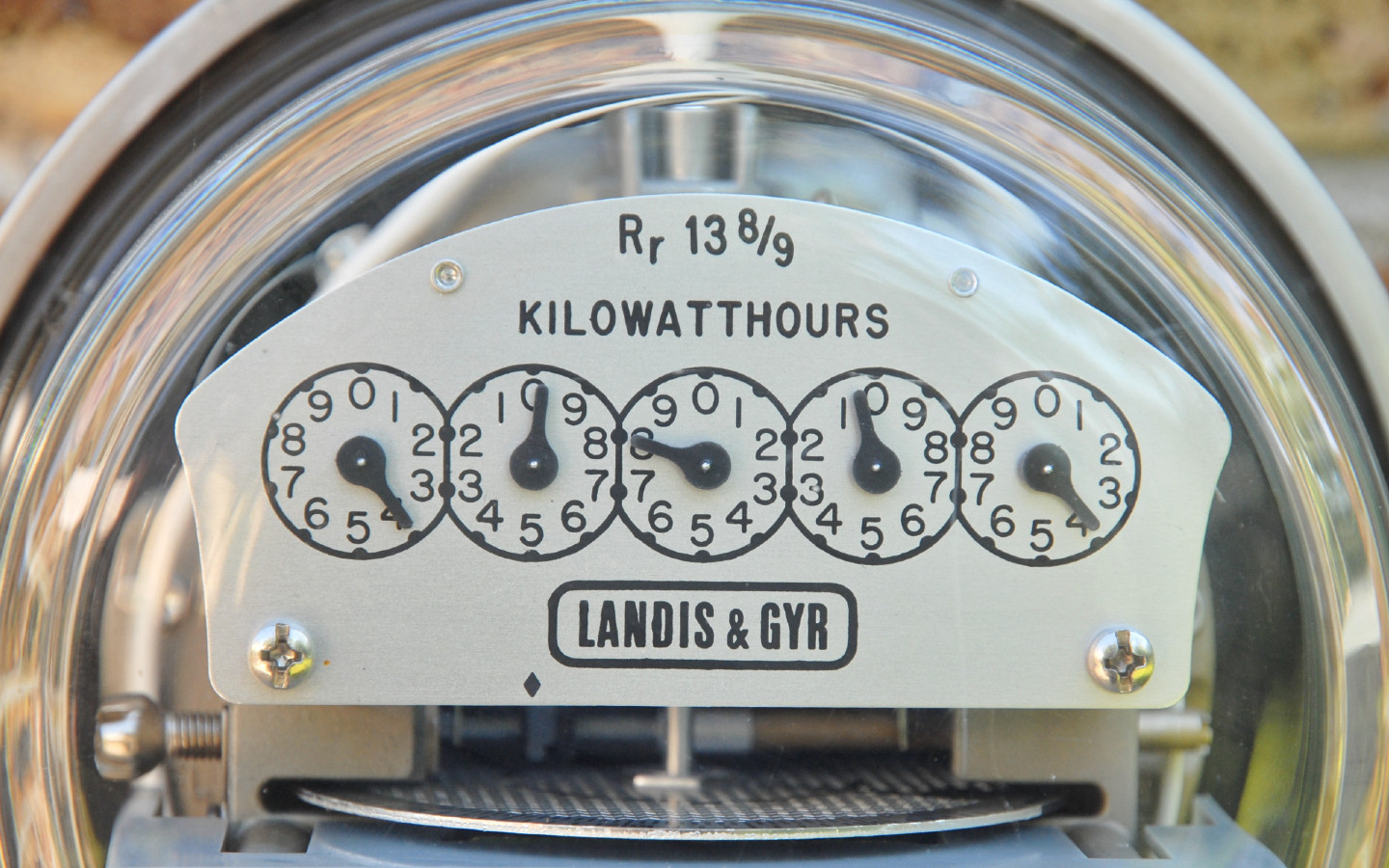The end of the month comes and you get your bill either online or in the mail. You open it and your jaw drops after seeing your total electricity bill. This reaction is quite common as it’s easy to go about your day without thinking about your electricity consumption. The average electricity bill per month is roughly $120. To some, $120 per month is not much at all, but if there was a way to cut your bill in half without buying into your solar panel salesman at Costco, wouldn’t you consider it? If you were able to save $60 per month, you can nearly buy a one-way ticket from Los Angeles to Las Vegas every month. Although, I’m not a proponent of doing so, I think you get the point. Besides the obvious savings, reducing your electricity consumption also improves the environment. The less you use electricity, the less power plants have to churn out coal and fossil fuels in order to supply energy to your home. Hopefully either saving money or the environment are motivating reasons to reduce your electricity use and if so, I’ve listed out 3 ways to reduce your electricity bill.
1. Temperature Control
Summer rolls around and we have the air conditioner on full blast 24/7. Understandably in West LA, during the summer, my hometown hits greater than 105 degrees consistently which you’d probably want to have the AC on for a good portion of the day. Although A/C consumption varies on the size of the home, assuming your A/C uses 4 kilowatts an hour for 10 hours, you would be using 40 Kilowatt hours (kWh) per day. If each kWh is $.12 then it would cost you roughly $4.80 every day to run you’re A/C. If you ran you’re A/C every day for the 4 hottest months of the year, you’d be spending roughly $576 per year to run you’re A/C. After seeing this cost, you may be tempted to never run you’re A/C, but out of practicality, we likely will stick to ways to partially reduce the cost by simply reducing the temperature. If you increased the thermostat to the recommended US Department of Energy temperature of 78 degrees whenever you are away and increased the temperature anywhere from 7 to 10 degrees can decrease your bill by 10 percent. Obviously, the less you use it, the more you’ll save and if you’re not into waiting for a cool breeze on a hot summer day, then reducing the temperature would be a great start.
2. Cold Water
The hot water heater was invented in 1868, but before then people use to warm their water over fire or just used cold water to shower and wash clothes. As much as many would like to go back to the days where there was no such thing as an electricity bill, I’m pretty sure many people won’t give up the luxury of being able to instantly use hot water. On average, assuming your water heater uses 4 kilowatts an hour for 4 hours in a day, you would be using 16 Kilowatt hours (kWh) per day. If each kWh is $.12 then it would cost you $1.92 per day or roughly $700 per year to run your hot water. Simply using the hot water heater 3 hours a day as opposed to 4 hours would mean you would save $175 per year. In order to get your hot water usage down, simply taking quicker showers or cold Navy showers coupled with occasionally running your washing machine on cold water can make an impactful difference.
3. Natural Light
Since we’ve talked a lot about the olden days, imagine not having the modern light systems that we have now and relying on candles and oil for our light, hoping that we don’t accidently burn the house down. Nothing wrong with the pre-Edison days, but the luxury of being able to flip a switch and have the lights turn on doesn’t come free and accounts for about 10% of the monthly electricity bill. Assuming you had a bulb that uses .06 kilowatts an hour for 15 hours in a day, you would be using .9 Kilowatt hours (kWh) per day. If each kWh is $.12 then it would cost you roughly $.10 per day to light one light bulb in the house. If you were using 3 different lights, then it would cost about $9 month to have the light on for 15 hours of the day. Simply turning off the lights and opening the shades during the day to let natural light in can make a small but yet noticeable difference in the bill.
Now that you know the cost of running certain appliances, you can decide for yourself if it’s worth it to save electricity to marginally decrease your electricity bill. We all know that simply not using electricity will save you money, but when you know that your habits can make an impactful difference to both your savings and the planet maybe hopping out of the shower 2 minutes early won’t be so bad.



